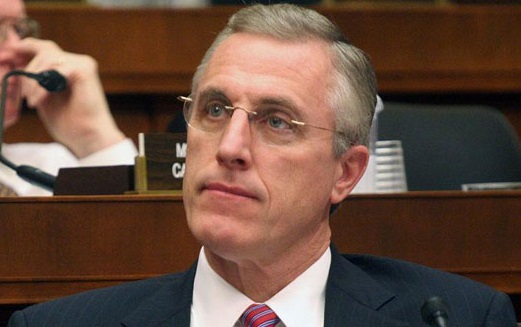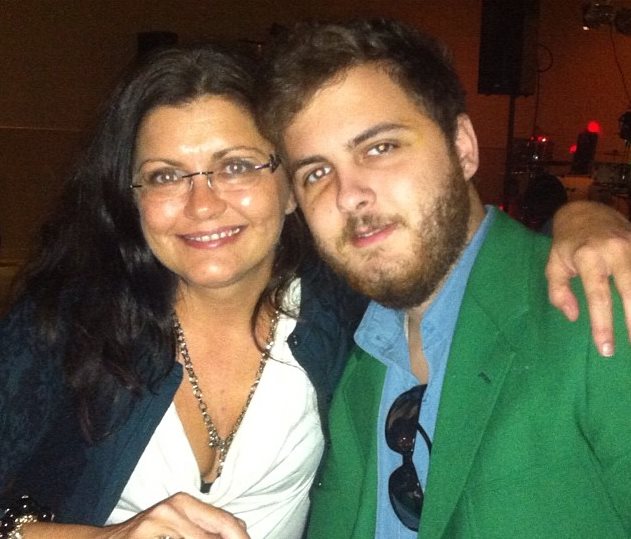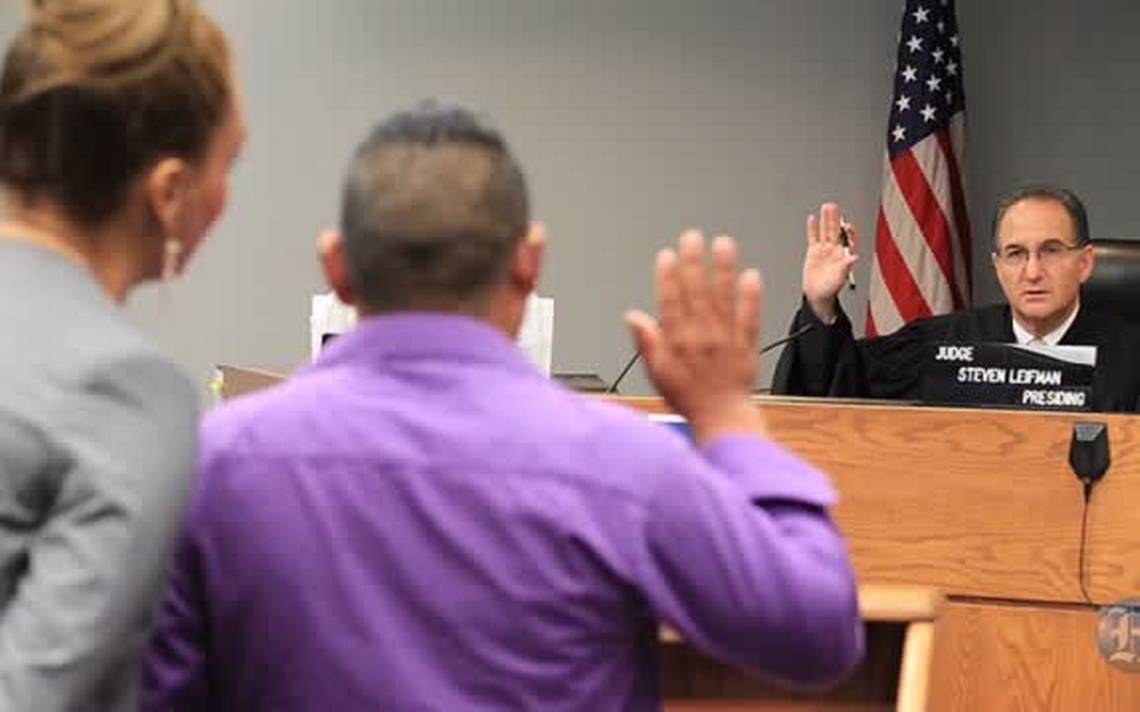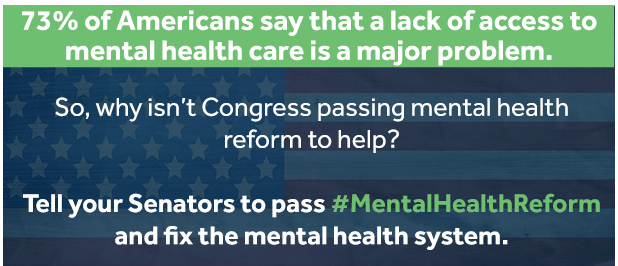
(11-30-16) Rep. Tim Murphy’s Helping Families in Mental Health Crisis Act is poised to become a federal law.
By a 392-26 vote late Wednesday, the House passed the 21st Century Cures Act, a massive $6.3 billion health bill, that included Murphy’s legislation. The Senate is expected to approve the legislation shortly before sending it to President Obama to sign before leaving office.
“This is a huge victory,” Andrew Sperling, NAMI’s director of advocacy, wrote in an email. “The entire enterprise could have easily collapsed given the election results.”
D. J. Jaffe, who publishes the website Mental Illness Policy Org., and was active behind the scenes pushing the bill, called Murphy a “hero” and praised the Pittsburgh Republican and Sen. John Cornyn (R-Texas) for their tenacity. Both endorsed greater use of Assisted Outpatient Treatment, which is strongly supported by Jaffe.
“AOT was a great win in this legislation,” he said. “Now, the question is if the new assistant secretary (for mental health) will drain the swamp at SAMHSA (Substance Abuse and Mental Health Services Administration) and make that agency focus on the seriously mentally ill.”
The Treatment Advocacy Center, which supports AOT legislation, was a vigorous champion of Murphy’s bill from its first draft.
Murphy began laying the groundwork for his bill in March 2013, three months after Adam Lanza’s 2012 attack on the Sandy Hook Elementary School that left 28 dead, including him. I was questioned at his first House session about problems my family faced trying to get help for my son.
Murphy’s original bill faced strong opposition from Democrats and a slew of mental health organizations, including Mental Health America, who claimed it would eliminate and roll back hard-won civil rights protections. Some mental health groups scoffed at Murphy’s chances of getting any legislation passed. The National Alliance on Mental Illness was the only major group that supported Murphy’s bill. (see correction at end of blog.) It wasn’t until after Murphy had collected more than a hundred co-sponsors that his critics became alarmed.
Supporters welcomed Murphy’s legislation, saying it was one of the first that recognized the problems that parents and families faced, rather than focusing primarily on the rights of individuals who were ill. Because much of what Murphy first proposed was nearly identical to reforms that Dr. E. Fuller Torrey had been pushing for years, I once dubbed the bill “Torrey’s revenge” against SAMHSA and mental health lobbying groups that had widespread support in Congress.








